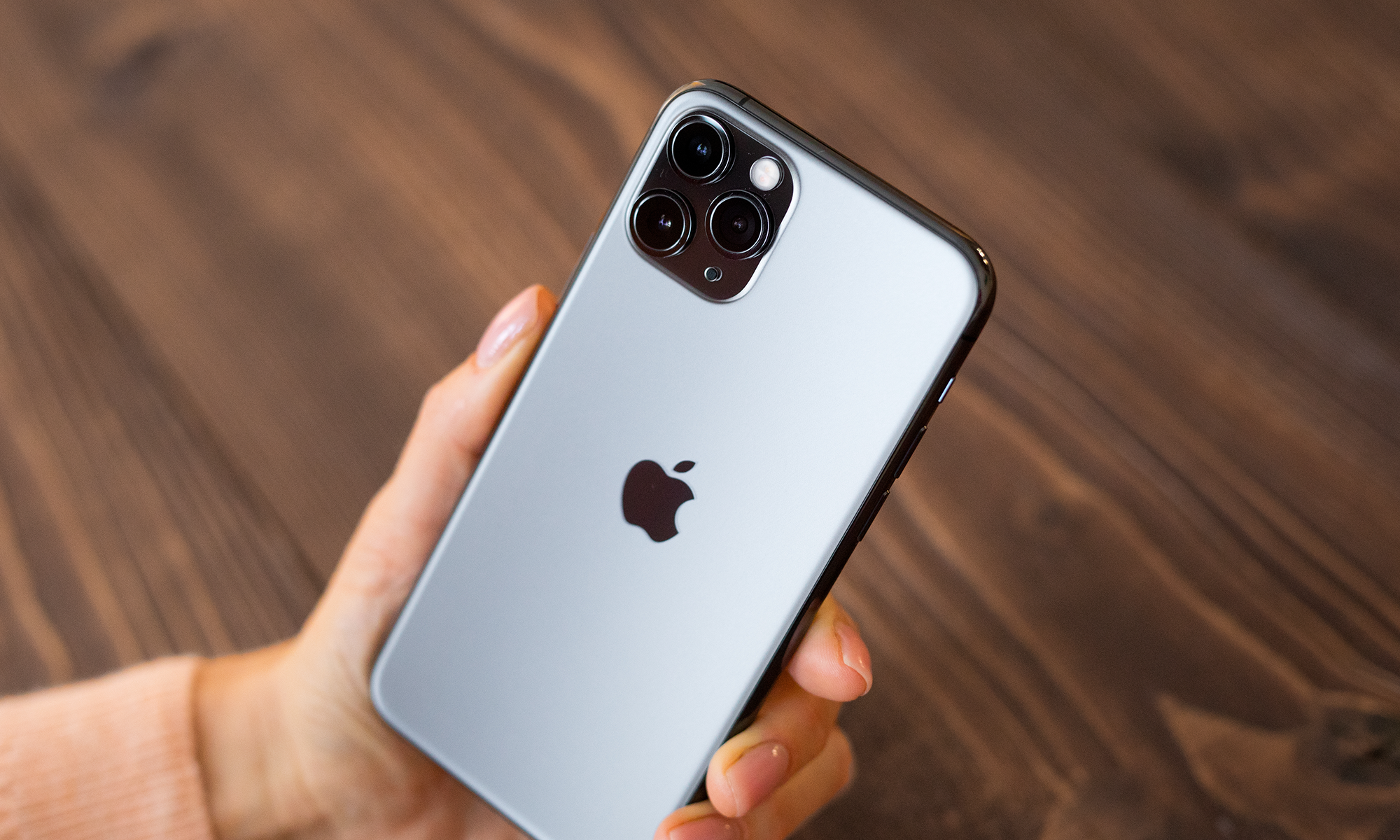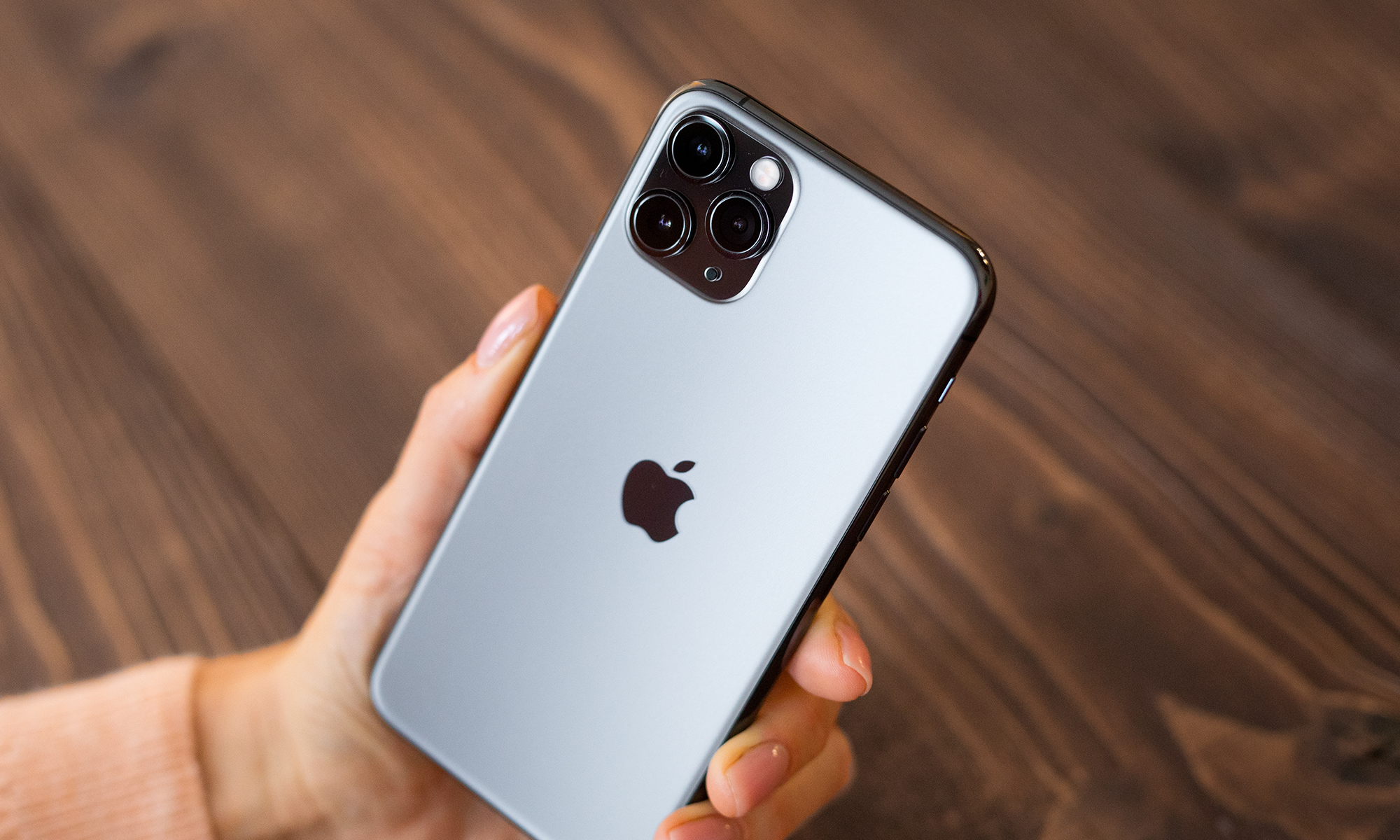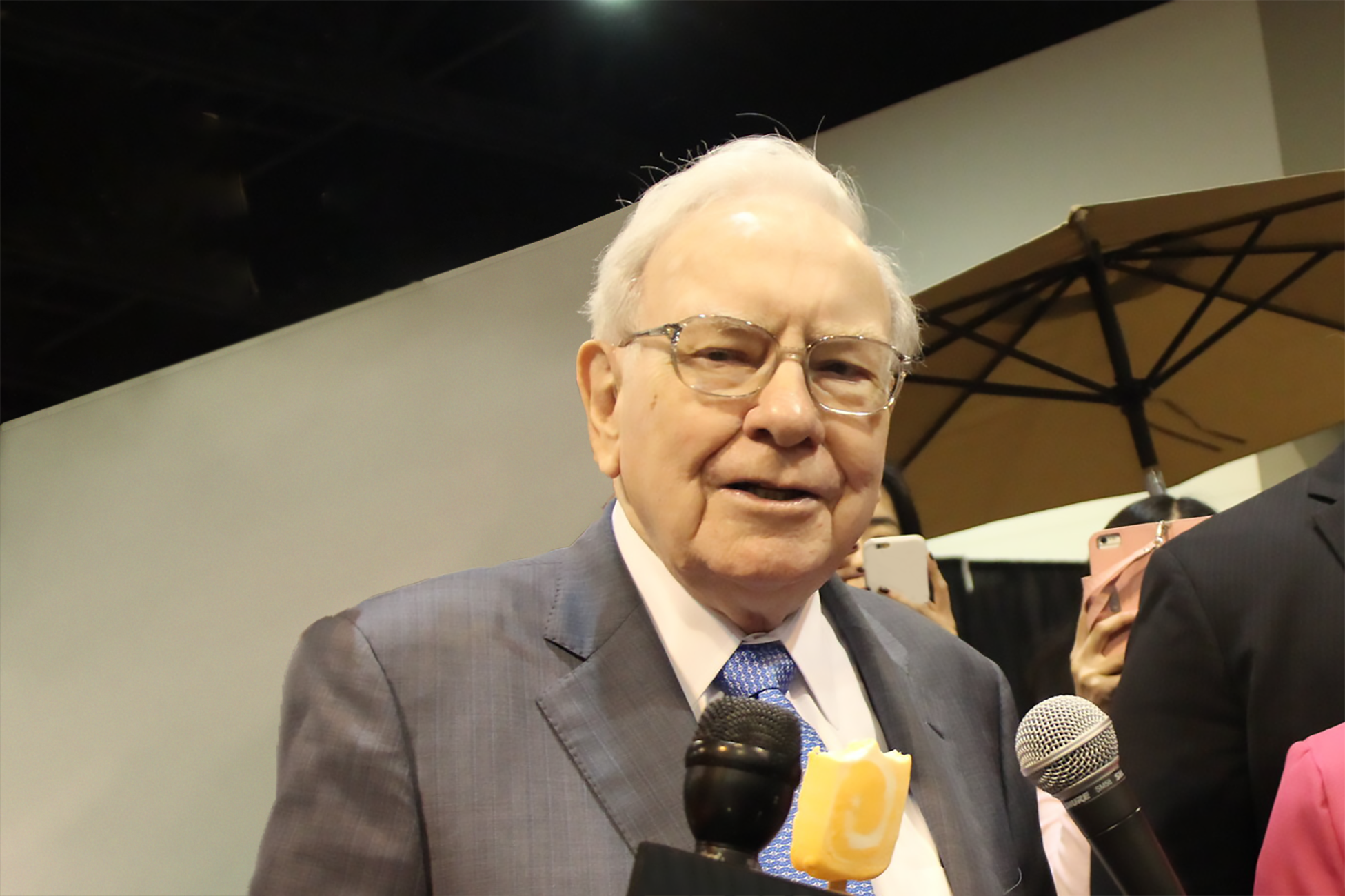Just days after the Federal Trade Commission sued Qualcomm (QCOM 0.22%) for antitrust concerns, Apple (AAPL 0.56%) took the unprecedented step of similarly filling suit against one of its most important suppliers. The complaints are largely the same, but Apple felt compelled to file its own lawsuit in part to get the nearly $1 billion it says it is owed. According to the complaint, Qualcomm gives Apple rebates that effectively serve as royalty relief, but in exchange, Apple has agreed to buy baseband processors exclusively from the company for the past five years. It's these rebates that Qualcomm is now withholding since Apple has cooperated with antitrust regulators around the world.

After years of "forced" exclusivity, Apple finally added another baseband supplier in the iPhone 7. Image source: Apple.
AppleInsider's Mikey Campbell unearthed the entire 104-page complaint and posted it on Scribd. I'd encourage Apple investors to give it a look, but for those who aren't inclined to spend their weekends reading legal complaints, I've read through it in full so as to present the most damning things Qualcomm is being accused of. (All bold emphasis added by me.)
Qualcomm tried to get Apple to change its testimony
The Korea Fair Trade Commission (KFTC) fined Qualcomm $853 million just last month, based in part on Apple's testimony to the KFTC. When Qualcomm learned that Apple would be cooperating with the investigation, it tried to use the royalty rebates as leverage:
Qualcomm claims that Apple has forfeited those amounts by responding to requests in the course of an investigation by the Korea Fair Trade Commission ("KFTC"), which recently levied the largest fine in its history against Qualcomm. Qualcomm has withheld the required contractual payments from Apple even though the agreement clearly permits Apple to respond to the KFTC's lawful investigation and requests for information. If that were not enough, Qualcomm then attempted to extort Apple into changing its responses and providing false information to the KFTC in exchange for Qualcomm's release of those payments to Apple. Apple refused.
There's little enforcement of whether patents are actually essential
When patents are deemed standards-essential by standard-setting organizations (SSOs), they become incredibly powerful. But companies are able to declare their patents as essential, and SSOs do not validate these claims:
Patent owners, like Qualcomm, can claim that their patents are SEPs without having to prove that they are essential. Many SSOs expressly declare that they do not test declarations of essentiality or validity for accuracy. For example, one widely recognized SSO, the European Telecommunications Standards Institute ("ETSI"), affirmatively states that it has "No involvement" in "the assessment of the validity and essentiality of patents declared as SEPs."
Apple is challenging the validity of some of Qualcomm's standards-essential patents (SEPs).
Qualcomm has violated its FRAND commitments
Companies that have SEP portfolios are required to license those patents to rivals at fair, reasonable, and non-discriminatory (FRAND) rates. Qualcomm is egregiously refusing to offer FRAND licensing:
Violation of the FRAND bargain can take several forms, including demanding unreasonable royalties; applying royalties discriminatorily (for example, charging different licensees different amounts or imposing differing conditions on different licensees, or conditioning royalties on licensees' agreement to advantage the patent owner's products); and asserting that patents are essential to the standard when in fact they are not. Qualcomm is guilty of all three.
Rivals never had a chance
Many companies have exited the baseband processor market over the past decade. It wasn't just intense competition, either -- they never had a chance because Qualcomm cornered the market by leveraging its patent portfolio:
By refusing to license its SEPs to competing chipset manufacturers, and by refusing to sell its chipsets to customers unless they first license Qualcomm's SEPs, Qualcomm forced purchasers of its chipsets to take a license to its SEPs at extortion-level royalties. By threatening "disloyal" chipset customers with even less-favorable royalties and license terms if they purchased chipsets from Qualcomm's competitors, discriminating between potential licensees by refusing to license its SEPs to competitors, and offering only "rebates" rather than a direct FRAND license, Qualcomm excluded competition in the chipset market. And by foreclosing competitors from dealing with Apple, a key purchaser of chipsets, Qualcomm facilitated the marginalization and exit of many of those competitors, enhancing its own monopoly power.
Apple's contract manufacturers are partially responsible
Apple doesn't license Qualcomm's patents directly, and not for a lack of trying. Instead, its contract manufacturers ink licensing deals, and subsequently pass along the royalty costs in full to Apple. The contract manufacturers like Foxconn don't bother negotiating, since Apple foots the bill. These agreements are confidential, and Qualcomm won't even let Apple see them:
Rather than grant Apple a direct license on FRAND terms, Qualcomm has instead entered into confidential licenses with specific Apple contract manufacturers ("CMs"), the third-party manufacturers who make and assemble Apple products. The CMs pay the exorbitant royalties Qualcomm demands and pass the costs along to Apple in full.
Qualcomm uses these secret licenses to conceal its anticompetitive licensing practices. Here is how it works: Qualcomm knows that Apple is shouldering the entire royalty burden, but by licensing the CMs and not Apple, Qualcomm can demand higher royalties because the CMs have no incentive to negotiate. In fact, the CMs have agreed to license Qualcomm's SEPs on non-FRAND terms, locking Apple into outrageous royalties. And the agreements are confidential; Apple cannot even see or review them. The CMs have expressed willingness to show Apple their Qualcomm licenses, subject to Qualcomm's consent, but Qualcomm has refused to give that consent.
Apple pays more for less
Qualcomm is but one of many companies that hold SEPs and contribute to cellular standards. Apple has to pay Qualcomm more than everyone else combined:
Qualcomm's exorbitant royalties are price gouging, plain and simple: between [REDACTED] per device, [REDACTED]. In 2016, this was an order of magnitude greater than the royalties that Apple pays to any other patent holder, and indeed is more than Apple pays to all other cellular patent holders combined.
Qualcomm used Apple to kill WiMAX
Once upon a time, WiMAX was a competing 4G standard. Apple never released a WiMAX iPhone, which helped contribute to the standard's loss to LTE, which has emerged as the dominant 4G technology:
The 2007 Marketing Incentive Agreement ("MIA") capped Apple's royalties for UMTS chipsets, payable at that time on purchases of Infineon's chipsets. In exchange, Apple was obliged to refrain from marketing wireless devices implementing a competing wireless communication standard, WiMAX. Qualcomm forced Apple to renounce WiMAX just as WiMAX was gaining traction in the marketplace. Qualcomm acted to eliminate the competitive threat posed by WiMAX by ensuring that Apple would not market wireless devices with WiMAX technology.
This has been going on for nearly a decade
The iPhone is now 10 years old, and as such Apple has been seeking a direct license ever since.
For nearly ten years, Qualcomm has failed to offer Apple a license for its cellular SEPs on FRAND terms.
Qualcomm makes money when you upgrade storage
Since Qualcomm's royalty structure is calculated as a percentage of the device's price, the company collects more for more expensive phones:
In addition, a royalty base premised on final selling prices means that Qualcomm charges manufacturers of high-value, feature-rich smartphones substantially more for a license than it charges manufacturers of basic cellphones, despite the fact that the embodied wireless communications functionality in the two products is similar or identical. This is inconsistent with the FRAND promise.
Compared to a $100 Kyocera LTE smartphone, Apple estimates that its royalty payment for a $400 iPhone SE is "four to nine times more than Kyocera's royalty for its smartphone." That also means Qualcomm collects more when customers pay as much as $200 more for increased storage capacity, a feature that has nothing to do with cellular connectivity.
Apple has wanted to bring on competing basebands suppliers for years
It goes without saying that Apple considers a wide range of suppliers for nearly all of its components, considering the significant benefits of dual-sourcing (reduced supply risk, increased leverage in pricing negotiations, etc.). But it couldn't:
Given the opportunity, many device manufacturers, including Apple, would prefer to license Qualcomm's SEPs at FRAND rates, and to purchase baseband processor chipsets from Qualcomm's competitors, rather than be forced to purchase from Qualcomm a bundle comprising a license to Qualcomm's SEPs and substantial quantities of baseband processor chipsets.
...
Although Apple has for many years been ready and able to switch a smaller portion of its baseband processor chipset purchases (e.g., for non-CDMA iPads) to Qualcomm's rivals, Qualcomm's imposition of exclusivity has prevented Apple from switching suppliers on a less than full-line basis, even with non-Qualcomm chipsets priced substantially lower than comparable Qualcomm chipsets.
There's more where that came from
These are the most interesting snippets within the filing, but there is a lot of other information about Apple's contentious relationship with Qualcomm over the years. This case is going to be a big storyline for the two companies in 2017, and the legal process could even potentially drag on for years unless Apple and Qualcomm settle.
If the pair make it to trial, investors can expect even more juicy details to finally see the light of day.







